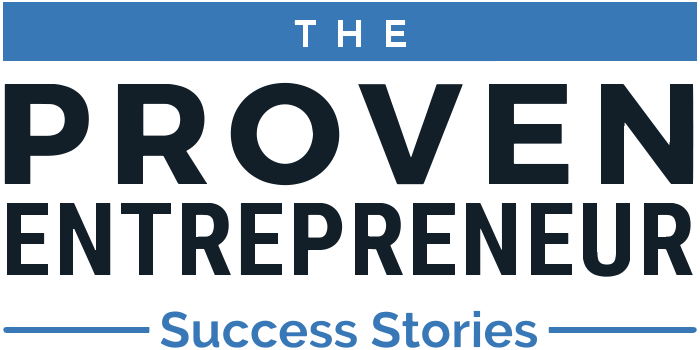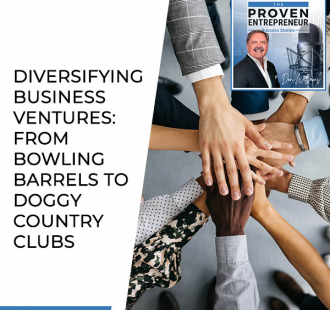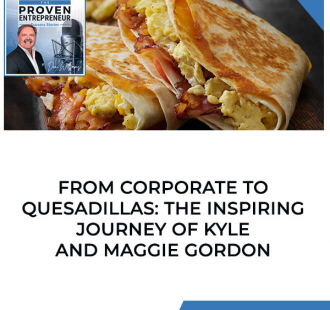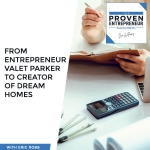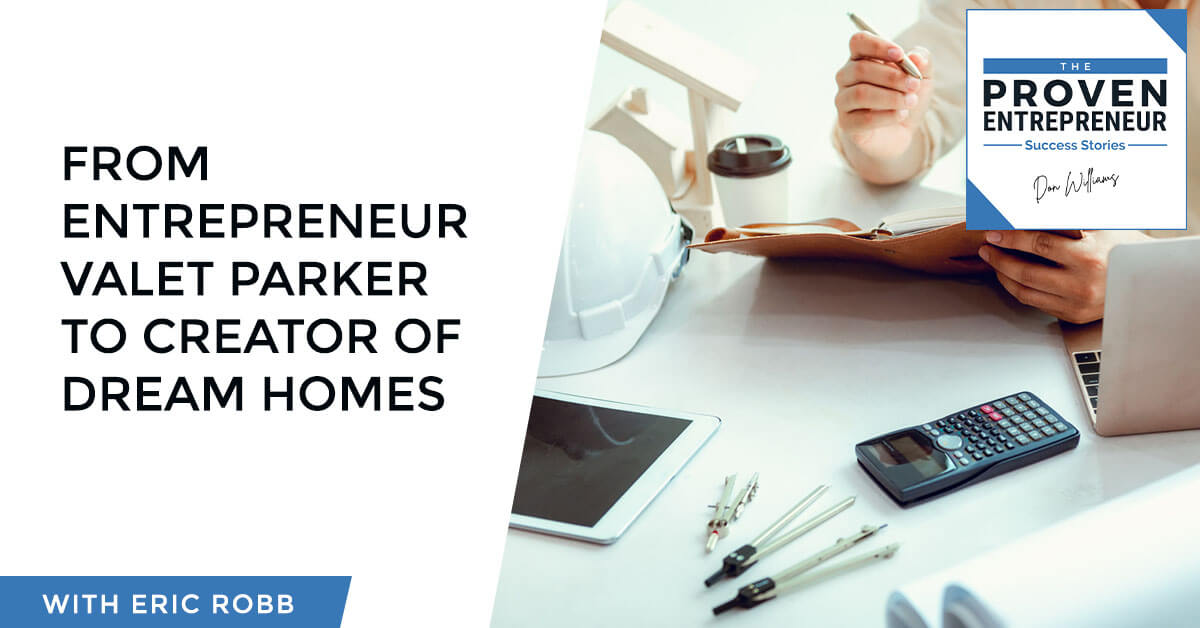
If you’re stuck on your career and need a pivot, always go back to what you enjoy. For Eric Robb, that was construction. Building, renovating, and flipping dream houses has always been something he enjoyed and is good at. Join Don Williams as gets Eric to talk about how he started his business Cortex Construction. Discover his journey through various different jobs. Learn that life isn’t easy, but if you’re always ahead of the curve, then it will be easier.
—
Listen to the podcast here
Eric Robb – From Entrepreneur Valet Parker To Creator Of Dream Homes
I’m with my good friend and Entrepreneurs’ Organization member, Eric Robb from Cortex Construction. Eric, welcome to the show.
Thank you, Don.
Thank you so much for coming in. It’s a busy day. We got a bright sun and so construction here is working. Let’s go way back to young Eric. Are your parents entrepreneurial? Is that where you caught the bug?
Nope. I’m the black sheep in the whole family.
Maybe white sheep, depending on how you look at it. They’re not entrepreneurial. Is there any family member who is entrepreneurial?
Nope.
Is there anything entrepreneurial in your childhood? Did you run a paper route?
I had my first business at probably sixteen-years-old.
What was your first business when you were sixteen?
It wasn’t mine but it was interesting. I don’t know how I fell into this job other than I had a reputation for being honest because it involved handling a lot of cash, but it’s valet parking. I worked out a deal with this charity that donated some land right outside of Six Flags there and I wanted to make some money with it. We did valet parking at Six Flags for most of my high school and made a lot of cash.
Was that your first paying job?
No.
Tell us about your first paying job.
I liked woodworking and making things. Starting at about age fourteen, I started getting jobs in construction and I got paid $2 an hour.
After childhood, you had a little entrepreneurial engagement there with the valet company. What was your path? Did you go to college? Did you go to the Merchant Marine? Did you backpack to Europe for a couple of years? What did you do?
I graduated high school in ’86. I went off to Texas A&M Class of ’90.

What was your degree in?
Economics.
After college, did you get a job or started your first company?
I put myself through college. I didn’t do all that interviewing as most people do. I knew I was destined for small business. I figured that was a quicker route to the top. After I got out and barely recovered for a week or two, I went working in what was the Wild West of building PCs back in the day when that was kicking off. I did that for about five years and went up the rung in a couple of companies.
Tell us a little bit about your company, Cortex Construction. What do you do? Where do you do it? How do you do it?
It’s a construction company. I do most of my work working on my own rental properties, Airbnbs, flip houses and things like that. I do construction work for commercial. I will do residential for friends and also insurance claims.
Is it roofs, fires or any of that type of stuff?
We don’t have any fires lately but we’ve had a lot of roofs and floods.
We’ve got a lot of roofs here in Dallas Fort Worth. How long ago did you start that company?
A few years ago, I pivoted into construction.
What did you pivot from?
I was in imports for ten years. I get to travel a lot.
What did you import?
Firearms.
It sounds like a story there.
It’s military surplus. It’s not just firearms. All kinds of things.
If you're stuck or don't know what to do, just go back to what you enjoyed and really want to do. Click To TweetYou import it to the States and then you sell it to gun dealers or collectors.
It was mostly antique items and surplus.
How long did you do that?
Ten years.
You’re a ten-year guy.
Don’t tell me that. It means I got to start finding a new career.
Maybe you’re a twenty-year guy this time. When you pivoted, what led you into construction? How did you get started there?
Imports were fun until it wasn’t. I used to do a lot of construction stuff in high school. I didn’t know what I wanted to do so I went back to what I enjoyed. I’m very creative and driven in designing, fixing and seeing things twenty years later that I helped make happen.
Tell us about a warp speed moment. Things are going pretty good in the construction company but a couple of things fall into place that it takes off.
I guess it was when I flipped my first house. I was late to the game on that, but it remains my easiest and highest profit flip to this day.
Tell us a little bit about it.
It was something I fell into. I paid $75,000 for this house and it was a lot of work to get to where I could pay $75,000 for this house. $20,000 in improvements and about 90 days later, it sold for $175,000. It was a nice hit.
You almost doubled your money.
I never have duplicated it since.
We see all the shows on HGTV where people are flipping houses.
That’s not reality.
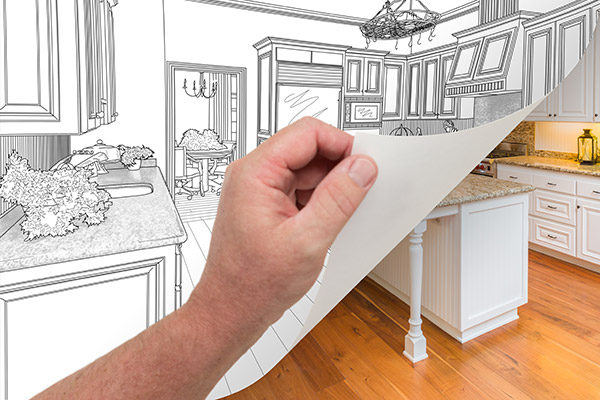
It’s funny how reality TV isn’t real.
Not at all.
When was that first flip?
A few years ago.
Are you still flipping now?
There’s no money and flipping as we speak. Everybody is paying for a crummy house what it’s going to be worth in two years. There’s no short-term in and out. Everything now is a long-term buy, hold, rent. All the numbers are inverted as we speak. Wall Street is buying up lots of single-family homes. Money is cheap.
In the Airbnb business, I hear that. How does that work?
It’s a short-term rental. You own a house. You got to furnish it, put towels, sheets, soap and coffee in there. In our particular market, it’s something I can cashflow on. Right now you can’t buy a house and rent it and cashflow much at all on it. Everybody is speculating on future gains. I was trying to do cashflow because it always solves your problems.
Positive cashflow is happiness. That is for sure. Tell us about a hard lesson. What is something you’ve learned in your entrepreneurial journey that hurt like heck but turned out to be positive later on down the line?
I’ve learned a lot of hard lessons. That’s why I don’t have much in the way of employees. I have no partners. I have no co-investors, none of that. It’s a slower way to go but you get all the gain. You get all the rewards, but you also have all the risks and responsibilities.
Was there a hard lesson that led you to that decision?
I had a bad partnership deal that ended up pretty ugly.
It’s costly and painful to undo. Is it in the construction business?
No. It was in the important business.
What about a nugget? Something you know that we don’t know but we want to know.
I don’t know what you don’t know. What do you want to know? I don’t know, Don. We all get together and discuss these things all the time. The people that don’t know what they don’t know are the people that I would like to help out there, and there are a lot of those.
Cash flow always solves your problems. Click To TweetTell us a little bit about how the Airbnb business works. Can you buy a house for a couple of hundred thousand dollars and rent it?
Right now, a number you could look at is a $200,000 house grossing about $33,000 a month. When you’re renting a house, you’re not responsible for internet, utilities and things like that plus the added cost of furnishing, but you are on that. It’s a little higher but in my opinion, you still can double your cashflow versus just a traditional rental. That’s all very specific with the location, the type of house, and things like that.
If you had a time machine and you could go back and share one piece of advice with your twenty-year-old self, what would that be?
That is something I say often, “If I could go back and tell my young self, what would I tell him?” I would tell myself that life is going to be a lot harder than what your parents will tell you. You’re going to run into a lot more unexplained events. You got to stay a lot more on the ball than you think you have to stay in front of that curve.
I saw a post the other day on maybe Facebook or LinkedIn. I’m not sure. It’s a pretty popular person and somebody who has a lot of followers. They were sharing that they thought that parents should quit telling their children that life is going to be easy because it’s not going to be easy. There will be easy times, but there will certainly be tough times. Maybe the most valuable skill is learning how to maneuver through tough times.
I have a niece and her phone died. Right now, you can’t always get everything you want on the same day. There are a lot of shortages of different things. The 3 or 4 days without a phone for her was the end of the world. That was the end of the world for her because she has never known any true adversity. Those of us later in life was like, “This blows but it’s not going to kill me. It’ll be over shortly.”
They have limited life experience.
The worst thing you know is the worst thing you know. I can tell you and I’m sure you can say that your 50-plus-year-old self knows a lot worse things than your twenty-something self.
It’s just part of the journey. Looking forward, what are the next ten years hold for you and Cortex?
To keep doing what I’m doing. The market keeps shifting so it’s never dull. I do pray for some dullness in my future. There’s an old Chinese curse, “May you live in interesting times.” I like to repeat that quote.
We certainly do just coming out of COVID. I think we’re coming out of COVID.
It’s with anything. With market changes and a lot of that has been COVID, positive, negative, but just change. It could be anything.
Eric, if one of our local followers wanted to get in contact with you, how would they reach out to you?
Just Eric@CortexConstruction.com.
If you have a construction need, residential if you’re a friend, commercial otherwise or insurance claim, please reach out to Eric@CortexConstruction.com. Thank you so much for coming on the show. It’s a pleasure having you.
Thank you.
See you next time.
Important Links
About Eric Robb

Owner at Cortex Construction
